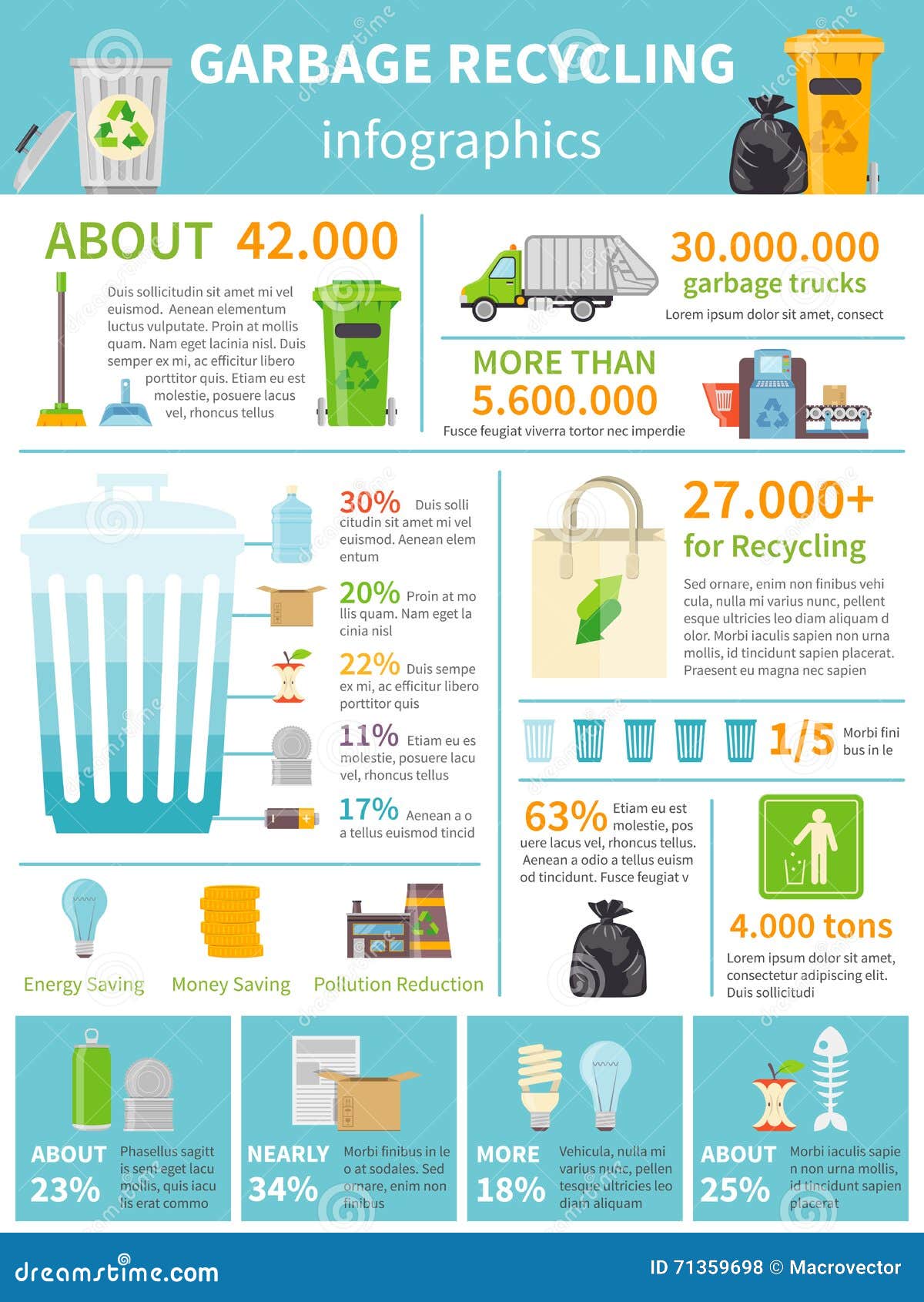The Journey Of Dumpster Rental: Analyzing Its Historic Roots, Present-Day Practices, And Future Developments
The Journey Of Dumpster Rental: Analyzing Its Historic Roots, Present-Day Practices, And Future Developments
Blog Article
Written By-Therkelsen McClure
As you ponder the development of dumpster service, think about how each era has added to forming the waste administration landscape we browse today. From modest beginnings in the 1930s to the innovative modern technologies of today, the journey of dumpster rental has actually been noted by technology and adaptation. But what pushes Get More for this vital solution? The future patterns in lasting practices hold the trick to opening a much more efficient and eco-conscious method to lose management. Stay tuned to discover exactly how the dumpster service market is positioned to accept a greener tomorrow.
Historic Origins of Dumpster Rental
Explore the origins of dumpster service and exactly how it has shaped waste administration techniques with time.
Dumpster rental traces back to the 1930s when George Roby Dempster, a Tennessee business owner, invented the Dempster-Dumpster. This critical production transformed garbage disposal by giving a marked container for collecting and delivering trash effectively. Initially used for building and construction sites, the concept rapidly expanded to property and commercial settings, causing the establishment of the very first dumpster rental services in the 1960s.
Over the years, dumpster rental has considerably influenced waste management practices by advertising ease, sustainability, and organization. The ability to systematize waste in committed containers simplifies collection procedures, reduces littering, and boosts recycling initiatives. Additionally, dumpster leasing motivates individuals and organizations to embrace accountable garbage disposal practices, adding to cleaner environments and minimized ecological influence.
Modern Innovations in Waste Monitoring
Integrating advanced modern technologies and sustainable techniques has actually changed waste monitoring in recent times, improving effectiveness and environmental influence. One significant development is using wise waste administration systems that utilize sensors to keep track of waste levels in real-time, maximizing collection routes and timetables. try this web-site help reduce unneeded pick-ups, decreasing gas intake and exhausts.
Another contemporary development is the application of waste-to-energy facilities, where non-recyclable waste is converted into energy via processes like incineration or anaerobic food digestion. This not just reduces the quantity of waste destined for landfills but additionally creates renewable resource.
Furthermore, the introduction of single-stream recycling has actually simplified the reusing process for customers, resulting in higher involvement rates and increased diversion from garbage dumps. In addition, developments in composting modern technologies have actually made organic waste monitoring extra efficient, transforming food scraps and lawn waste right into valuable compost for agricultural use.
Anticipated Trends in Lasting Practices
Sustainable waste monitoring methods are developing rapidly to fulfill the raising needs for environmental responsibility and source efficiency. As you look to the future, several crucial patterns are expected to form the market. One significant focus will certainly be on decreasing waste generation through much better item style and product packaging. Business will increasingly adopt circular economy principles, intending to minimize waste and maximize the lifespan of items.
One more trend to expect is the increase of advanced reusing technologies. Advancements in chemical recycling and pyrolysis are anticipated to supply brand-new remedies for dealing with complicated or contaminated waste streams that conventional recycling techniques have a hard time to process efficiently. These modern technologies have the potential to transform how we handle waste, transforming difficult-to-recycle materials into valuable sources.
Furthermore, anticipate to see a better emphasis on natural waste diversion. Composting programs and anaerobic food digestion centers will certainly come to be much more prevalent as communities aim to minimize the amount of raw material sent out to landfills. By investing in these sustainable practices, we can relocate in the direction of an extra round and resource-efficient waste administration system.
Conclusion
In conclusion, dumpster service has come a long way since its inception in the 1930s. From its humble beginnings on building and construction sites to its widespread use in household and business settings, the sector has actually continually developed to fulfill the changing demands of waste management.
With the intro of modern developments and a focus on sustainable techniques, the future of dumpster service looks promising, with a strong emphasis on effectiveness, ecological obligation, and advancement.
